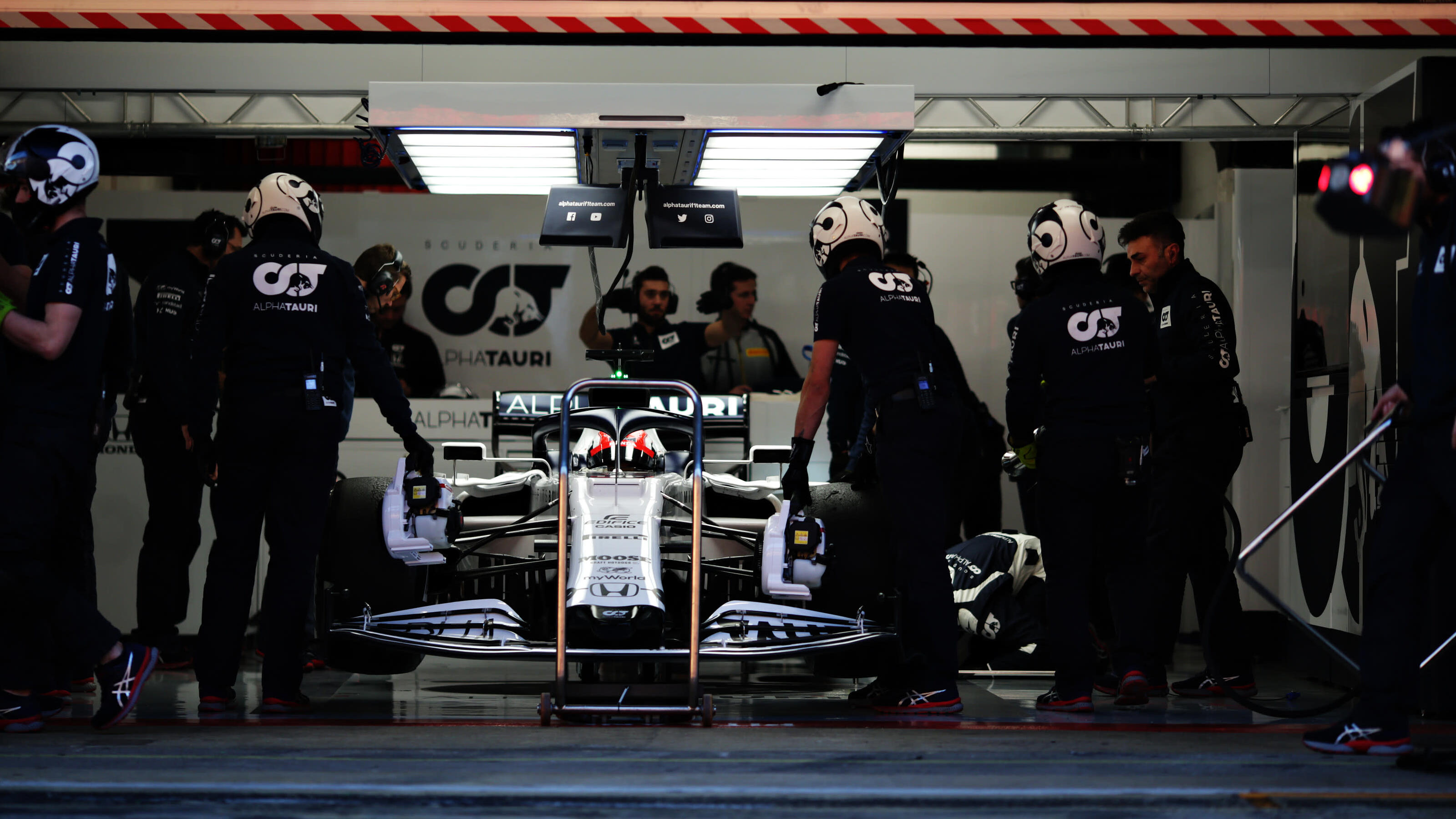The Cost Of The F1 Shutdown Has At Least Two Teams Sweating Bullets
The 2020 Formula One season has already been blown wide open by the coronavirus pandemic. A full 9 grands prix have been cancelled or postponed at this point, and things don't look promising for at least some of the remaining 13 races. Each of those races which have gone un-run are costly for teams, the series, and drivers. Commercial rights money is drying up, sponsors are not willing to pay for cars which stay hidden away in the factory. Some teams are getting desperate.
Red Bull's secondary team Scuderia AlphaTauri is one of those taking the hardest hit. "The contracts are designed in such a way that we lose revenue proportionately if races are not run, because the agreed amount is then reduced. If we don't drive a grand prix, it will cost one and a half to two million [Euros]," Team boss Franz Tost said in a recent discussion with motorsport.com.
While the French Grand Prix in June has not yet been kicked from the schedule, it seems very unlikely to carry on, as France's current lockdown orders extend through mid-May. It would be difficult to set up a full race in just a month, let alone allow the teams enough time between now and then to ramp back up to full working order.
That leaves the Austrian and British Grands Prix in July as the next potential start point. For the record, I don't believe F1 will hit those targets either, but those in the sport remain optimistic.
"If we start racing in July, we'll get off with a black eye," Tost continued. "If that's not the case, things will get very critical. If nothing comes in at all all year round, it will be a very critical matter. If you don't get any income at all, it's obviously a disaster economically."
At the tail end of the grid, Williams F1 deputy chief Claire Williams has been quite vocal that even a partial 2020 season would be critical for her family team's sur. "We're a little exposed at the moment...," says Williams, "But I'm sure and I trust that we'll get through this, I'm always eternally optimistic."
Williams later continued by saying this: "It's got to be done when it's safe to do so. But we have to go racing again. Our sport and the prize fund money from where we finish in the constructors' position is so important to all of our businesses, and to try and work out what we do if we have zero races this year is very difficult."
While it's reasonable to assume Ferrari or Mercedes will weather this storm only lightly scathed and can continue racing as normal, it's obvious that the smaller teams are quite desperate to get back to racing and receiving their payouts. The FIA has already instituted cost-cutting measures for the 2021 season, including a budget cap and an extension of the 2020-spec car into next season, but if teams like Scuderia AlphaTauri or Williams Grand Prix Engineering can't make it out the other side of 2020, what good will it have been?
The big questions are yet to be answered, and it's difficult to see this far into the future, but even if a partial season is run, can teams afford the 18 to 20 million Euros that have already been thrown away in the nine races having gone un-run? Will sponsors be willing to stick around that long?
There is a dark cloud hanging over this entire conversation, however. The aftermath of this virus will last far longer than the virus itself. A massive worldwide economic depression is just getting kicked off, and it is going to take years to recover from. In the last recession, Formula One lost Honda, Toyota, BMW, and Renault from its ranks. Many automakers are already pushing for austerity measures, Mercedes perhaps chief among them. How long will these OEMs and their sponsors continue to foot the bill for such a visibly ostentatious extravagance?
If teams like Williams and AlphaTauri can't survive, can Formula One?
